Table of Contents
Are you considering putting your house on the market? If so, you likely have questions about the cost of selling a home. From closing costs to any improvements that may need to be made to increase your chances of finding a buyer, many factors are involved in calculating how much it will add up to. Knowing precisely what is entailed during the process can help keep costs down and ensure a smooth buyer and seller transition.

Your Real Estate Agent Commission
When selling a house, hiring the right real estate agent is one of the most vital steps for ensuring a successful sale process. Not only will the right agent help you get the highest price for your home, but they can also often find ways to save you money on costs associated with closing. They also act as legal protection for you during each step of what may otherwise seem like an intimidating experience.
Real estate agents work on commission, usually hovering around 6% on average. Still, their expertise and experience in the field can make all the difference in staying informed of market trends and getting you top dollar for your home. Don’t let potentially saving some money prevent you from getting the help you need.
Home Repairs and Staging
When selling your house, you’ll need to spend a few bucks making sure your home is in prime condition for listing, which means making necessary repairs and preparing the home for showings through staging.
You may invest in minor updates like window and door screens, faucets, light fixtures, doorknobs, light switch covers, electrical socket plates, and other essentials that can help your home look fresh and well-maintained to potential buyers.
On the more expensive side, you may be forking over the funds for new appliances (bonus for energy efficiency!) to give your home more appeal so that it sells faster and garners a higher price.
Seller Closing Costs
When pricing your house for sale, it’s important to factor in seller closing costs so you don’t get the short end of the stick.
When it comes to the sale of a home, seller closing costs may seem complicated. However, it is quite simple when broken down into smaller pieces. Aside from real estate agent commission, which can range greatly depending on the market and other conditions, there are several typical costs associated with selling a property that every seller should be aware of, including but not limited to:
Loan payoff: Whatever amount is left on your current mortgage will need to be paid off.
Transfer taxes: Depending on your property, you may be required to pay transfer taxes when closing the sale. Most of these taxes are split between the buyer and seller, with each party paying their respective share.
Title insurance: Both buyers and sellers usually invest in title insurance to protect against any potential issues that may arise from title disputes, liens, or other title-related issues.
Homeowner association fees: The seller typically pays any outstanding homeowner association dues at closing. Before making any commitments, it is important to have a basic understanding of the specific regulations of your home’s association.
Attorney fees: Legal representation is a must when selling a house. Attorney fees vary based on the complexity of the sale and your particular location; you may also opt for hiring an attorney just to review contracts if needed.
You May Also Pay Buyer Closing Costs
It’s not uncommon, especially in a buyer’s market, for potential buyers to ask you to pay some or all of their closing costs. In some cases, it may make sense to agree to such concessions, especially if you’re motivated to sell quickly.
Here are a few of the buyer closing costs you may end up picking up:
Appraisal: Buyers typically pay for the appraisal, but you may agree to foot the bill if it helps move things along. Appraisals generally run between $600 and $1,000.
Title search: Buyers commonly pay for the title search, but you may agree to reimburse them if it helps them purchase your home. Title searches typically cost between $100 and $250.
Home inspection: The buyer is usually responsible for covering home inspection costs, but you might also consider footing the bill for this. Home inspections are typically anywhere from $400 to $7000.
Survey: It’s not unheard of for sellers to cover the cost of surveys, though you should consult your real estate agent before making such an agreement. A survey could cost anywhere from $700 to $1,000.
Consider Offering a Home Warranty
Home warranties are investments, but it may be one you’ll be glad you made. A home warranty is a reinforcing service agreement that covers certain repairs or replacements of major home systems such as plumbing, heating, and electrical. Home warranties usually run between $400 and $600.
While a home warranty is not required by law, it is an oft-used marketing tool for sellers to increase their attractiveness to buyers. A home warranty offered with the sale can provide peace of mind to buyers, which makes it easier for you to sell your house quickly — and oftentimes at a higher price.
Conclusion
Selling a home carries many costs that range from real estate agent commission fees to loan payoff and homeowner association dues. Title insurance and attorney fees are also highly recommended when selling a house.
You may also offer closing costs as a concession if the market is a buyer’s market.
Finally, home warranties are popular marketing tools that can help make your house more attractive to buyers and could potentially lead to a higher sale price.
Knowing what to expect in terms of costs before you sell your property will ensure the process goes as smoothly as possible.
Talk with your real estate agent and attorney to ensure you are aware of all associated costs and can plan accordingly. This should give you a better idea of what it will cost to sell your house.


